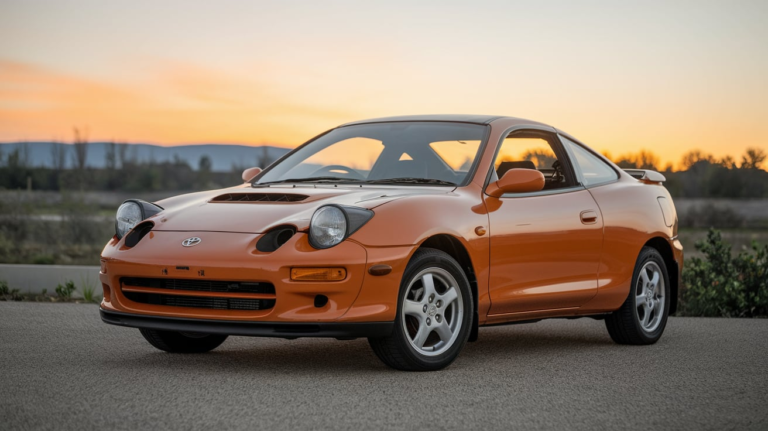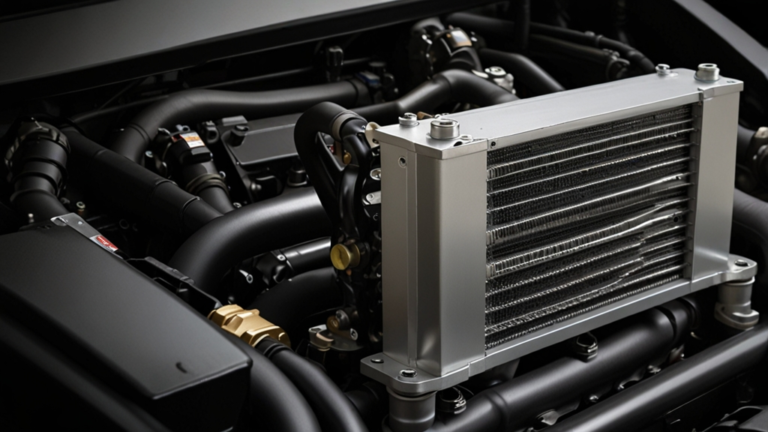
When a vehicle signals overheating but doesn’t repeat the issue, it can be confusing and alarming. Car signaled overheating and didn’t do it again chevy cruze owners; seeing a message like a car signaled overheating and didn’t do it again Chevy Cruze raises questions about what’s going on under the hood. Is it a serious issue or just a hiccup? Here’s a detailed exploration into this intermittent problem, why it might happen, and what steps to take if it occurs in your Chevy Cruze.
Understanding the Car Signaled Overheating and Didn’t Do It Again Chevy Cruze Issue
An overheating alert, even once, should always be addressed. However, if your Chevy Cruze car signaled overheating and didn’t do it again chevy cruze and didn’t do it again, it’s possible that the issue isn’t as critical as it might appear. Overheating signals sometimes arise due to minor, transient problems that resolve themselves. However, it’s essential to understand the potential root causes and know what you can do to prevent future warnings.
Possible Causes
- Coolant Level Fluctuations
Sometimes, fluctuating coolant levels can trigger an overheating signal in the car signaled overheating and didn’t do it again Chevy Cruze. Coolant may settle, causing a temporary alert until the engine’s system adjusts. - Radiator Fan Irregularities
An erratic radiator fan can lead to a sudden overheating signal. The system may signal overheating if it momentarily stops or has a delayed response. Once the fan resumes its normal function, the signal won’t recur. - Thermostat Malfunction
Thermostat issues can also lead to one-time overheating alerts. Coolant circulation can be momentarily delayed if the thermostat doesn’t open promptly, causing a temporary alert. - Sensor Glitches
Chevy Cruze models rely on temperature sensors to regulate engine performance. If a sensor has a momentary glitch or picks up an inaccurate reading, it could trigger a false overheating alert. - Air Pockets in the Cooling System
Air bubbles trapped in the coolant lines can interrupt the cooling cycle and result in a false overheating signal, which usually disappears as the air pockets clear themselves.
What To Do If “Car Signaled Overheating and Didn’t Do It Again Chevy Cruze”
If your car signaled overheating and didn’t do it again Chevy Cruze once and didn’t repeat, it’s a good sign that it isn’t an immediate emergency. However, taking some preventive measures can safeguard against future issues.
- Check Coolant Levels Regularly
Maintaining a proper coolant level is essential to prevent overheating signals. Check your coolant tank and top it off if it’s low. - Inspect the Radiator and Fan
Inspect the radiator and fan for any signs of damage or dirt build-up. Cleaning these parts periodically improves airflow and prevents irregular overheating signals.
- Thermostat Inspection
Have a mechanic inspect the thermostat in your Chevy Cruze. If it’s faulty or worn out, replacing it will ensure stable engine temperatures and reduce overheating signals. - Examine the Temperature Sensors
Temperature sensors in your Chevy Cruze can sometimes develop faults, leading to incorrect overheating alerts. Replacing or recalibrating the sensor can solve this issue effectively. - Regular Maintenance Checks
Routine maintenance can prevent a myriad of potential problems, including overheating. Ensuring all systems, especially the cooling system, are in peak condition will reduce the chance of recurring alerts.
Preventing Future “Car Signaled Overheating and Didn’t Do It Again Chevy Cruze” Alerts
To avoid further car signaled overheating and didn’t do it again chevy cruze signals in your Chevy Cruze, consider following these essential tips for ongoing vehicle health:
- Coolant Flushes
Regularly flushing and refilling the coolant prevents build-up and maintains the integrity of the cooling system. - Replace the Thermostat Regularly
Although thermostats are designed to last long, replacing them periodically ensures reliable engine temperature management. - Monitor Warning Signs
Listen for any unusual sounds, notice changes in engine performance, and watch for repeated temperature warnings, even if they’re brief. - Check for Leaks
Low coolant can sometimes be the result of a slow leak. Inspecting your cooling system hoses, radiator, and water pump can help you catch leaks early.

Conclusion
Experiencing a car signaled overheating and didn’t do it again chevy cruze once and not doing it again can be both a relief and a concern. While a one-time signal often indicates a minor, correctable issue, staying on top of your vehicle’s cooling system is essential to prevent it from happening again. Follow these maintenance tips, monitor your coolant levels, and consult a trusted mechanic if the problem persists.
FAQs
- Why did my Chevy Cruze signal overheating only once?
A one-time signal might result from a minor issue like a coolant fluctuation or a momentary sensor error. - Is it safe to drive my Chevy Cruze after an overheating alert?
If the signal doesn’t repeat, it’s usually safe, but it’s best to check the coolant level and inspect for other issues to be safe. - How can I prevent my Chevy Cruze from overheating?
Regular maintenance, coolant flushes, and radiator inspections can prevent overheating in most cases. - Should I replace the thermostat if my Chevy Cruze overheated once?
It might be wise to check the thermostat; sometimes, a faulty thermostat can trigger intermittent overheating signals. - What if the overheating signal repeats in my Chevy Cruze?
Recurring signals indicate a more severe problem that requires immediate attention from a qualified mechanic. - Can an air pocket cause my Chevy Cruze to overheat?
Yes, air pockets in the cooling system can lead to overheating alerts and should be bled out for optimal performance.


